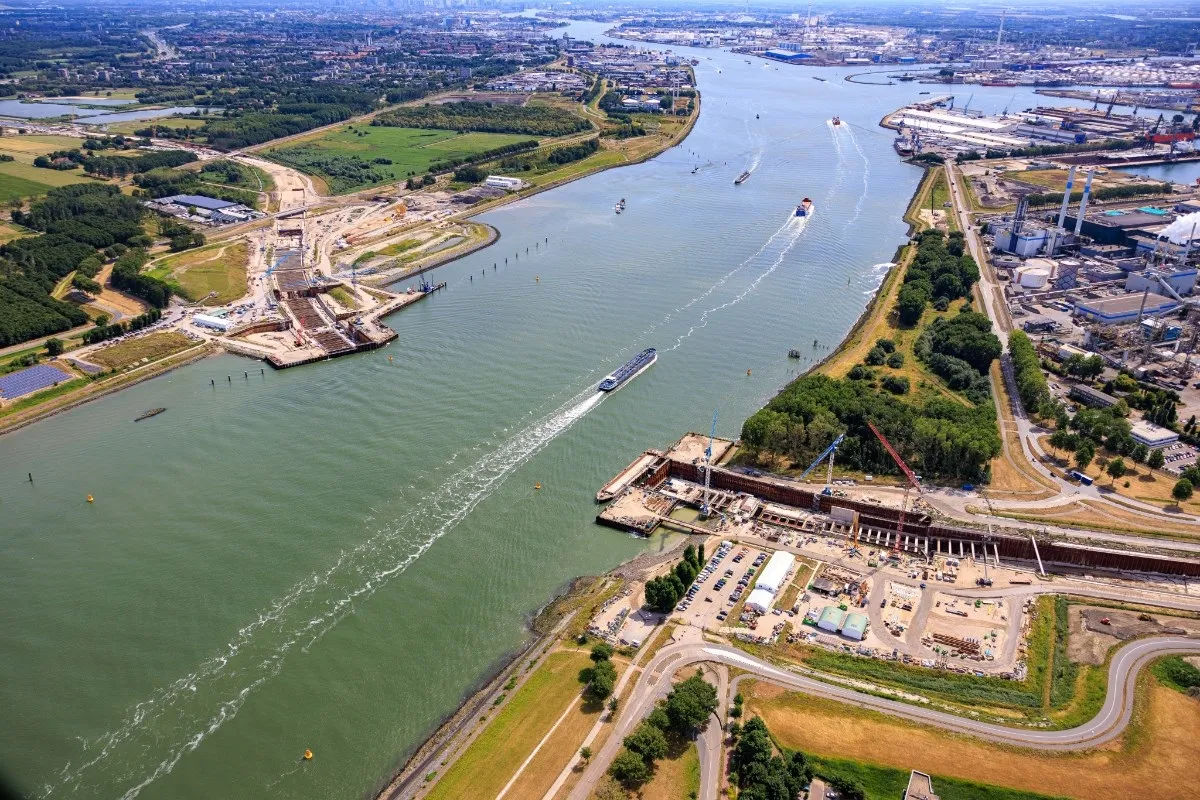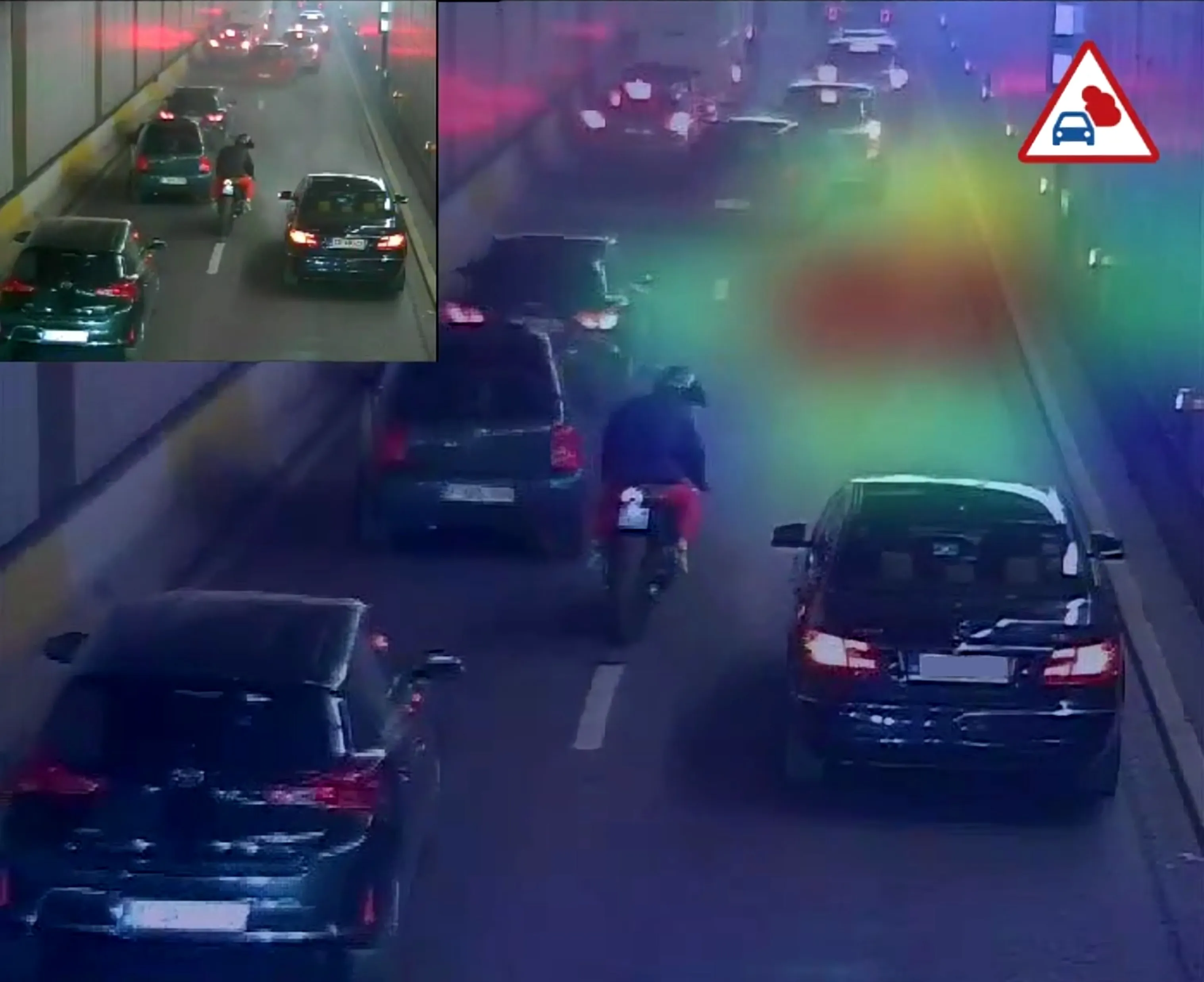
Xona Space Systems, which specialises in navigation technologies from Low Earth Orbit (LEO), has concluded an oversubscribed financing round to accelerate development of its commercial satellite navigation network.
The precise positioning provided by satellites is vital not only for the safe operation of autonomous vehicles, but also for drones and forthcoming generations of urban air mobility vehicles – manned or unmanned ‘air taxis’.
Xona’s core mission is to enable modern technology to operate safely in any location. This requires precise knowledge of location and time, and the system providing it must be robust against sources of potential interference or degradation.
The latest financing round, which brings its total funding to more than $25 million, was led by First Spark Ventures, joined by several new investors including Lockheed Martin Ventures, SRI Ventures, Velvet Sea Ventures, Gaingels, Airstream Venture Partners and Space.VC.
Existing investors also continued to show support, with participation from Seraphim Space, Toyota Ventures, 1517 Fund, MaC Venture Capital, and Stellar Ventures.
Xona is focused on the development of Pulsar, a LEO satellite navigation system designed to provide resilient centimetre-level positioning anywhere in the world.
The new capital will accelerate the development of Pulsar through several critical design milestones by expanding the team and building out Xona’s new R&D and manufacturing facility in Burlingame, California to enable more rapid design cycles and prepare for production.
Within the past year Xona says that it has launched its first orbital mission and signed agreements with major players across the GPS/GNSS eco-system such as Hexagon, NovAtel and Spirent Federal.
Xona’s first demonstration mission, Huginn, was successfully launched in May; its second mission, Muninn, is planned to launch in 2023.
“The massive domain expertise of our supporters in everything from scaling global companies to deep technical knowledge of GNSS is both a validation of our team’s capabilities as well as a catalyst that has been instrumental in our growth and speed,” said Xona CEO, Brian Manning.










